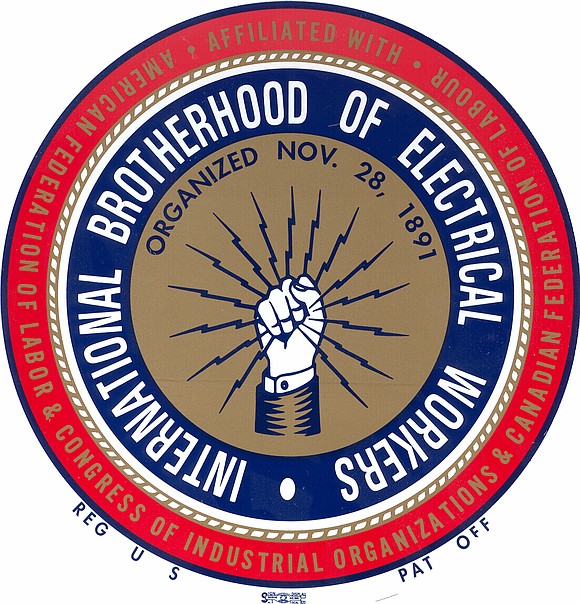Business Manager Tony Sapienza
Union Negotiations Can Be Hurt By Members' Money Woes
If you owned coastal property in Maine or New Hampshire and weather forecasters said that a hurricane was barreling up the Atlantic Coast, you would probably batten down the hatches, stock up on groceries and flashlight batteries, hope for the best, and prepare for the worst. If the hurricane passed us by, well, you could still make good use of those supplies. If we took a direct hit from Mother Nature, you’d be all set to ride out the storm.
By the same token, when the forecast calls for upcoming contract bargaining at one of our represented companies, members ought to consider getting their financial house in order—just in case negotiations turn stormy. All too many of us live from paycheck-to-paycheck, and the threat of missing even a single week’s pay can make some of the most resolute union members think twice about the impact loss of wages might have on them and their families. Unfortunately, negotiators at our represented companies know this.
Duane Cool drives a stock truck for CMP and he spoke to this issue at a union meeting during difficult negotiations a few years ago. He recalled that speech recently: “One of the things that was frustrating to me was I was talking to a lot of people and people were saying to me ‘Well I can’t vote against the contract, I just bought a new truck!’ In my family we’ve been able to get everything paid off and I think its important if you can do it to have a nest egg so if some tragedy strikes you don’t have to panic and think ‘Oh gosh we’re going to lose everything’. We don’t have lots of toys, but what we have is ours. I think especially in this day and age that’s a plus if at all possible.” Brother Cool went on to say that building their nest egg took some tough family decisions and teamwork, but the security has been well worth it.
IBEW Business Manager Cynthia Phinney arrived at a similar viewpoint through her own experiences. As a young worker, the purchase of her first vehicle required verification from her employer that she had a job to obtain a loan. As her boss signed the papers he told her “I love it when employees buy new cars. It means they probably can’t afford to leave for at least four years.” Already doubtful about the wisdom of going into debt, Sister Phinney tells us his comments solidified those doubts into a policy of managing her budget and financial options so she could always afford to quit or lose her job if circumstances moved that way.
Nobody on either side of the table—the Union or the Company—wants to see a strike. While your Union will always do everything possible to avoid such an outcome of the negotiating process, the strike must remain a credible threat when we are unable to reach an agreement with the party across the table. In most cases, the ability to withhold our labor gives us tremendous leverage.
One of the best things you can do to show support for your Union Contract Negotiating Team—and help yourself at the same time—is to put together a financial cushion or nest egg in case you need to fall back on it during a work stoppage. Even if negotiations at your company are not coming up soon, don’t wait! Get started now! Consider setting up a separate “Rainy Day” savings account and work toward socking away enough money to last you and your family for three months without a paycheck. And we’re talking about all of your expenses: home mortgage, car loans, household bills, groceries—everything. Don’t worry about saving for all three months. Save for one day at a time.
And you don’t have to start big at first. Even saving up pocket change every day in a jar can add up to hundreds of dollars over the course of a year. Or instead of going out for lunch, brown bag it most of the time. Just make sure that you deposit the savings in your Rainy Day Account on a regular basis.
Remember, by improving your own financial health, you can help strengthen your Union during contract negotiations. Hopefully, you will never need to dip into these savings during a labor dispute. And someday, when you retire, you can use it to treat yourself to something special. Just think about it . . . a boat . . . a vacation . . . a camp on a lake . . . sounds like fun!
